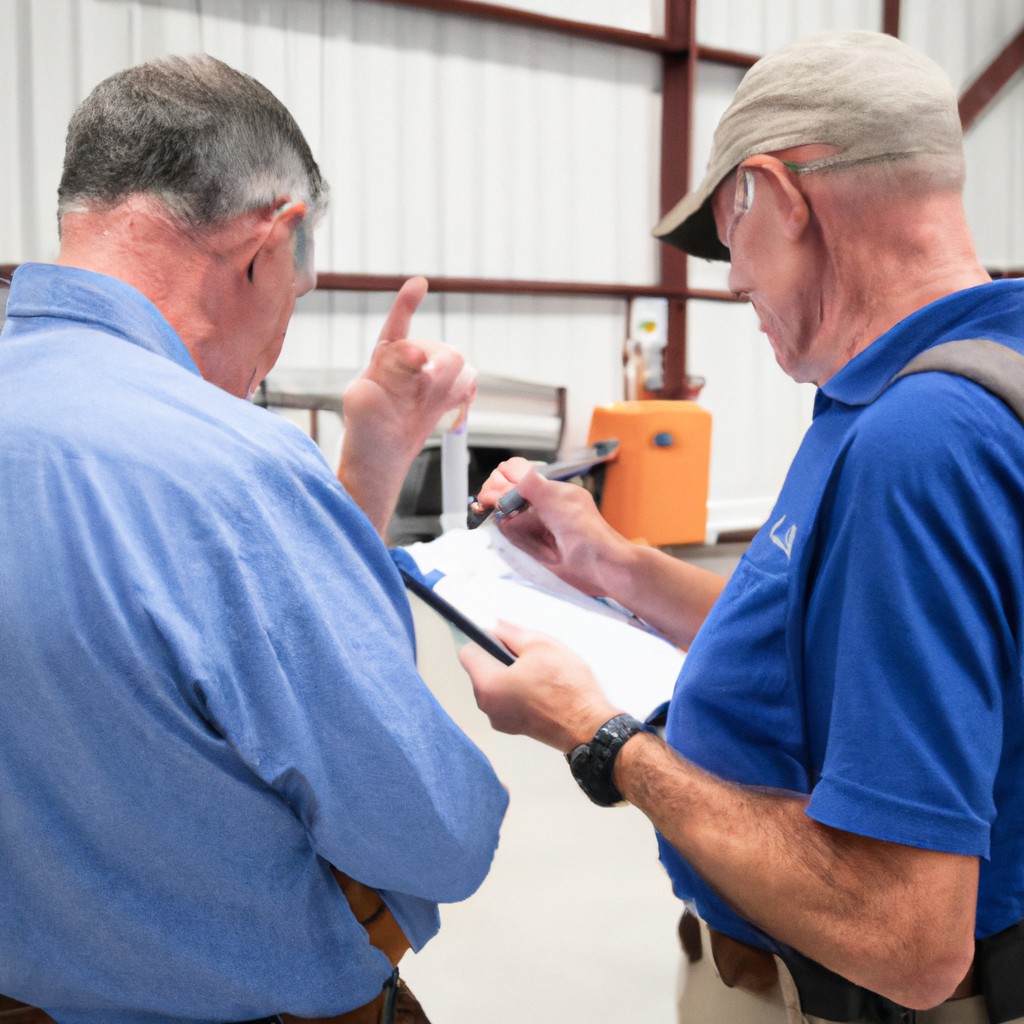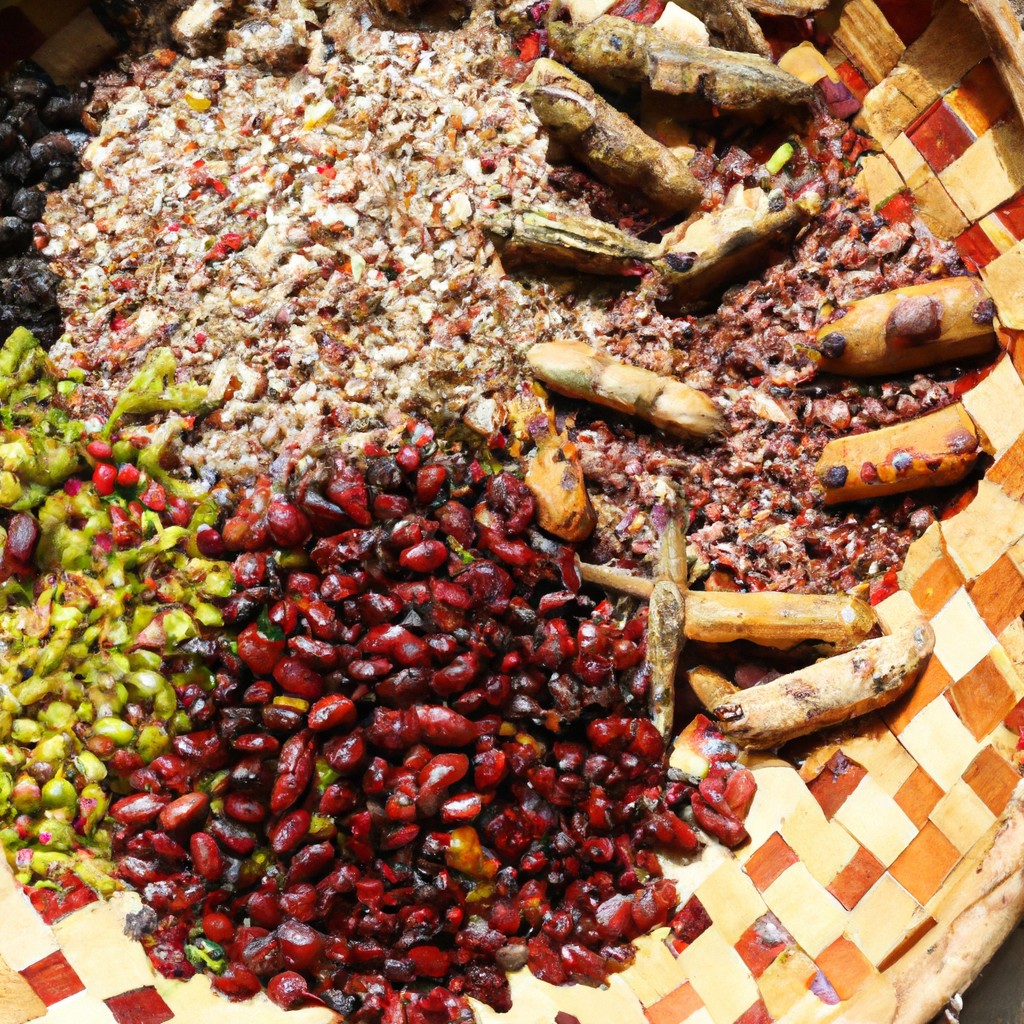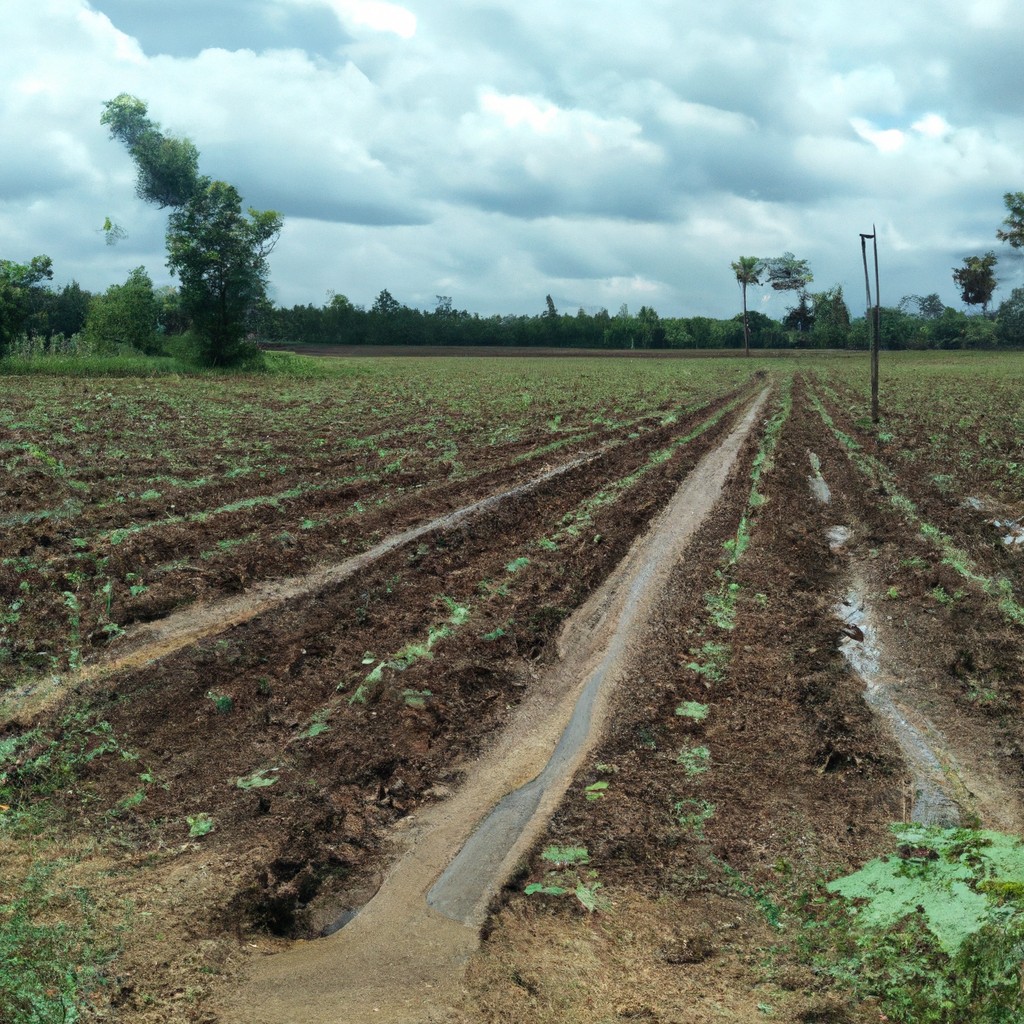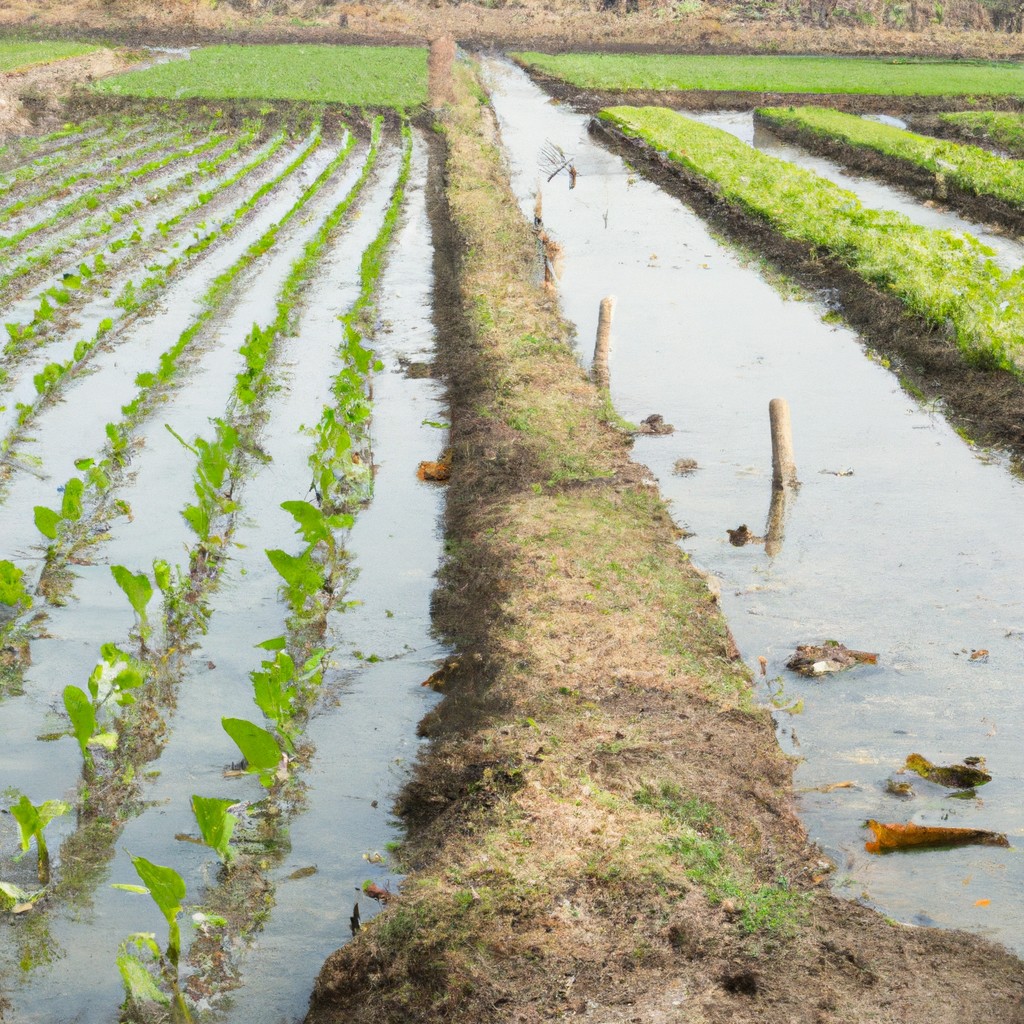In this article, we will clarify if there is a direct antonym for agriculture and discuss associated concepts.
Look Inside:
Urbanization
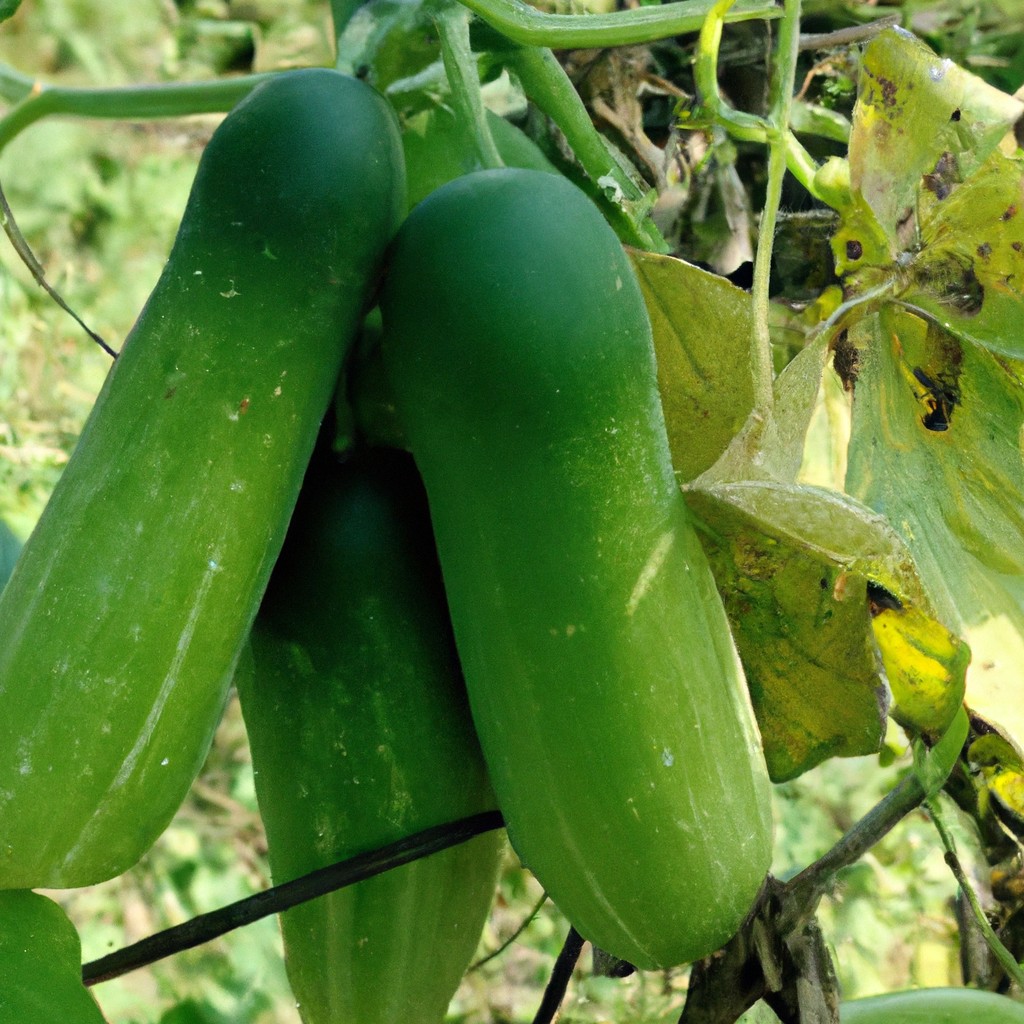
As cities expand and populations rise, farmland is often gobbled up by a hungry concrete jungle. This movement leads to a dramatic shift from traditional farming to city-centric activities. Here’s a quick dive into how urbanization shapes up as an antithesis to agriculture:
- Land use changes: The conversion of agricultural land to residential, commercial, and industrial areas decreases available space for cultivation.
- Water resource management: In cities, water is diverted for domestic and industrial use, reducing the amount allocated for irrigation.
- Lifestyle shifts: Urban living often distances individuals from agricultural practices, leading to a reduced workforce in farming and a greater reliance on supermarket chains.
- Environmental impact: Increased urban sprawl often corresponds with reduced green spaces and biodiversity, negatively impacting ecological systems that support agriculture.
Through these transformations, urbanization presents a stark contrast to traditional agricultural systems, pushing the boundaries between nature and man-made structures.
Non-agricultural Occupations
Industries such as technology, healthcare, and finance starkly contrast the agricultural sector by focusing primarily on service delivery or product innovation outside the realm of traditional farming. These fields often thrive in urban settings where proximity to resources and clients is key. Furthermore, occupations including software development, medical research, and investment banking involve minimal direct interaction with the natural environment, which is a core element of agricultural work. Consequently, jobs in these areas contribute to economic diversity and tend to increase a region’s resilience to fluctuations in agricultural markets.
Technological Advancement
As society gallops ahead with its technological prowess, farming sometimes appears to be playing catch-up with a tortoise. The irony? The tortoise, slow and steady, is often more sustainable. But let’s dive into how tech trends challenge traditional farming.
- Automation: Robotics and AI replace hands-on human tasks, shifting the job landscape from green fields to computer screens.
- Bioengineering: The manipulation of agricultural genetics can boost yields but potentially threaten biodiversity, making every potato eerily perfect.
- Vertical and urban farming: Fancy growing tomatoes on your skyscraper? Vertical farming says yes, sidestepping traditional acreage and disrupting the concept of sprawling rural farms.
- Data-driven farming: Satellites and sensors now dictate the planting seasons, turning old-school almanacs into collector’s items.
Each of these advancements could lead us to question the essence of traditional agriculture, steering us towards a seemingly antonymous relationship with nature. Yet, the fusion of technology and agriculture could be the plot twist we didn’t see coming in this drama of survival and sustenance.
Economic Sectors Other Than Agriculture
Agriculture isn’t the only game in town! As we zoom out from farming fields, we enter the bustling world of industry, services, and information technology sectors. These non-agricultural sectors are vital cogs in the economic machine, offering diverse career paths and contributing significantly to the GDP.
For instance, the manufacturing sector, ranging from automobile assembly to textiles, thrives on transforming raw materials into dazzling products. Then there’s the service sector, the economy’s unsung hero, which includes everything from banking to bartending. Amen to that! Last but not least, the IT sector, which spells out innovation and connects the world faster than you can say ‘high-speed internet.’
Exploring these economic sectors presents opportunities galore and showcases the dynamic nature of modern economies. Without them, agriculture would be lonely, and let’s face it, it’s more fun when everyone’s invited to the economic party!
Rural Vs. Urban Environments
In contrasting rural and urban settings, the temperament of each environment shines through like night and day—literally! Where rural areas boast vast fields and lower population densities, cities cram skyscrapers and throngs of people into every square mile. This dramatic difference naturally steers the rural toward agriculture, relying heavily on the land’s bounty. Meanwhile, urban centers, packed and bustling, tend toward industries that don’t need as much space—think services, finance, or tech.
However, while soil and tractors dominate the rural landscape, concrete and computers command the scene in cities. This has profound implications for employment types prevalent in each area. Agriculture-based jobs thrive outside city limits, whereas high-rises host everything from bankers to software developers. Thus, education and skill sets diverge, crafting distinct cultures branded by either their closeness to nature or the constructed urban jungle.
